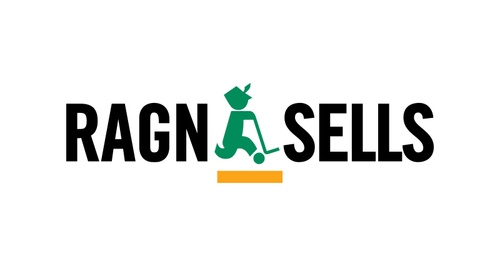Circular solutions must become an integral part of our economy

Humanity is facing enormous challenges. Research shows we have exceeded several of the planetary boundaries – the ecological limits that keep the Earth stable and habitable. Climate change, loss of biodiversity, and disrupted flows of nitrogen and phosphorus are among the most urgent problems.
The traditional linear economy – in which we extract, use, and discard resources – has created an unsustainable situation. According to the UN, the extraction and processing of natural resources account for more than 55 percent of global greenhouse gas emissions, 90 percent of biodiversity loss, and 90 percent of water stress.
“We are at a crossroads. If we continue to overexploit the Earth’s resources, we will worsen both climate change and biodiversity loss. To create a sustainable future within planetary boundaries, circular solutions must become an integral part of our economy,” says Beatrice Crona, researcher at the Stockholm Resilience Centre and lead author of the report Doing Business within Planetary Boundaries.
To address the challenges humanity is facing, solving the climate crisis alone is not enough. Sustainable development requires that we remain within all nine planetary boundaries – not just the climate boundary. Companies that focus solely on reducing greenhouse gas emissions risk not only environmental harm, but also economic consequences, the report from Stockholm Resilience Centre concludes.
Meeting the challenges of the future will require a transition to a circular economy, where materials are utilised over and over again, and nutrients are returned to ecosystems instead of becoming waste. By reusing and recycling resources, we can reduce our dependence on virgin materials while also shrinking our climate footprint. In this transition, the business sector can play a decisive role – not just in minimizing harm, but in creating new opportunities for sustainable growth.
About Ragn-Sells Group
Ragn-Sells is a family-owned corporate group founded in 1881. The company operates in four countries and employs over 2,500 people. In 2023, Ragn-Sells’ turnover was SEK 8.5 billion. www.ragnsells.com
Contacts
Press Officer
- press@ragnsells.com
- +46709272400


